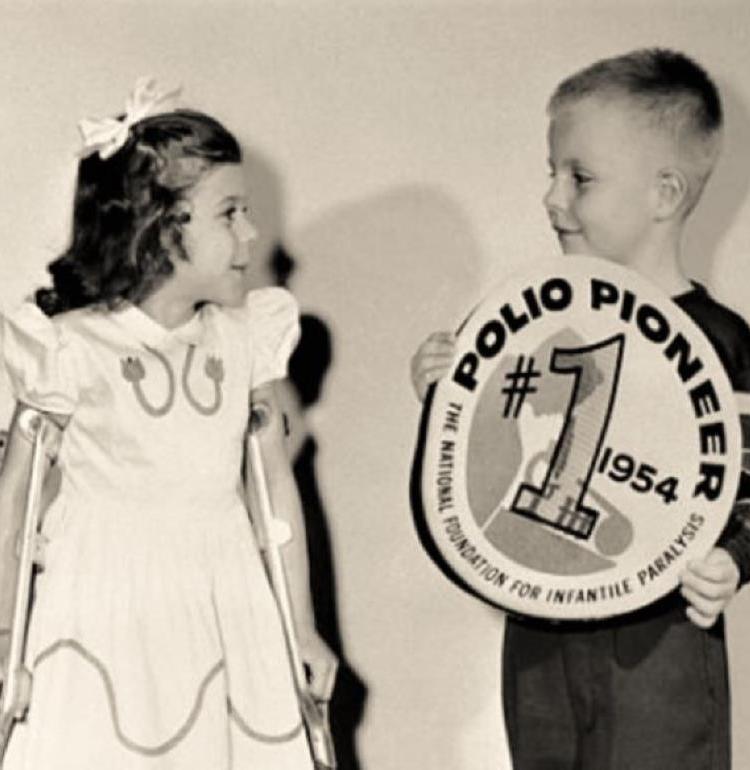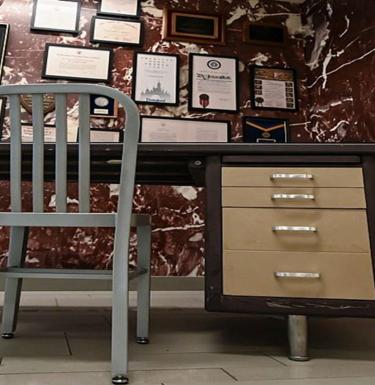
Dr. Salk's Laboratory Equipment and Records
Pitt recently acquired a gift of all of Jonas Salk's original polio vaccine laboratory equipment and records, a gift made possible through the generosity of his family. Our challenge now is how to germinate these precious historical artifacts into a living legacy.
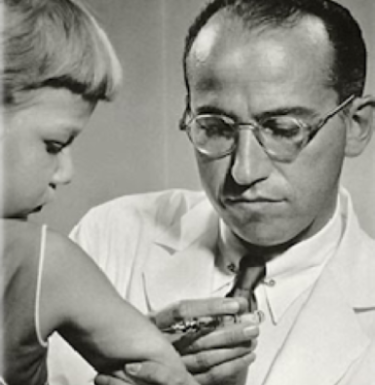
Read about not only Salk himself but also the journey toward the successful vaccine trials, including the role Pittsburgh parents and children.
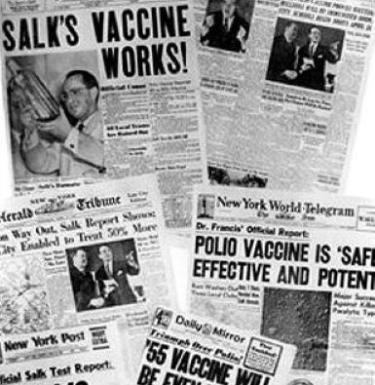
On April 12th, 1955, it was announced to the world that the Salk vaccine was found to be safe and effective. Instantly, Salk became a hero – a globally recognized household name.
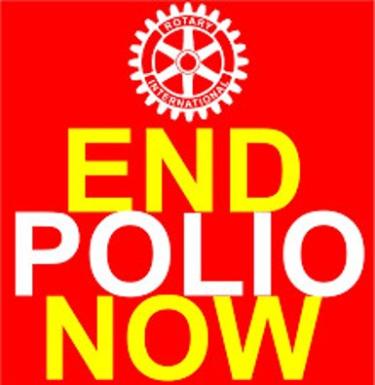
End Polio Now Campaign
Rotary is an international organization that brings together communities of leaders who aid in the process of addressing some of the world's most prominent issues. As of today, polio is prevalent in only two countries, Afghanistan and Pakistan.
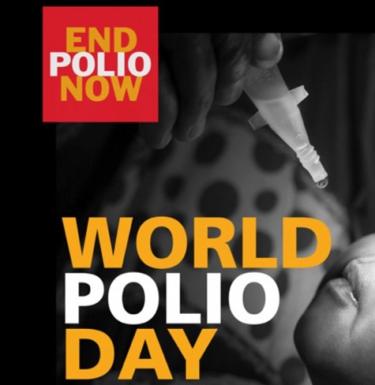
Honor the pioneering volunteers and Pittsburgh community that rallied behind Jonas Salk's Vaccine through our annual celebration of World Polio Day and other events and initiatives at Pitt and beyond.
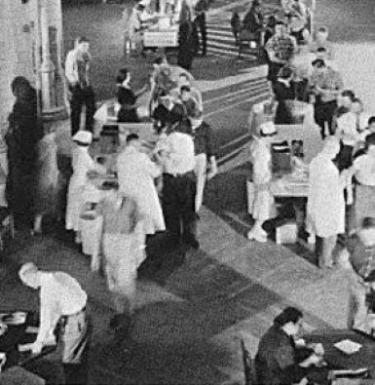
Helpful links and a list of the schools that participated in the phase II trials 1952-54.
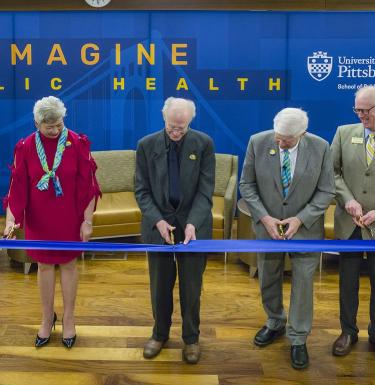
Meet the legacy gift team and the steering committee members.
